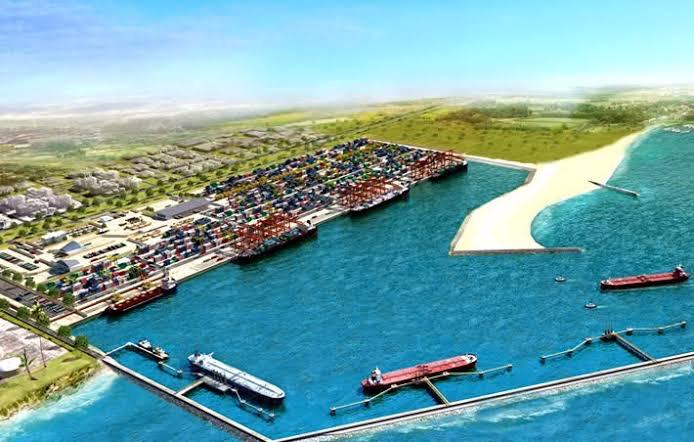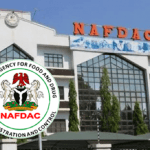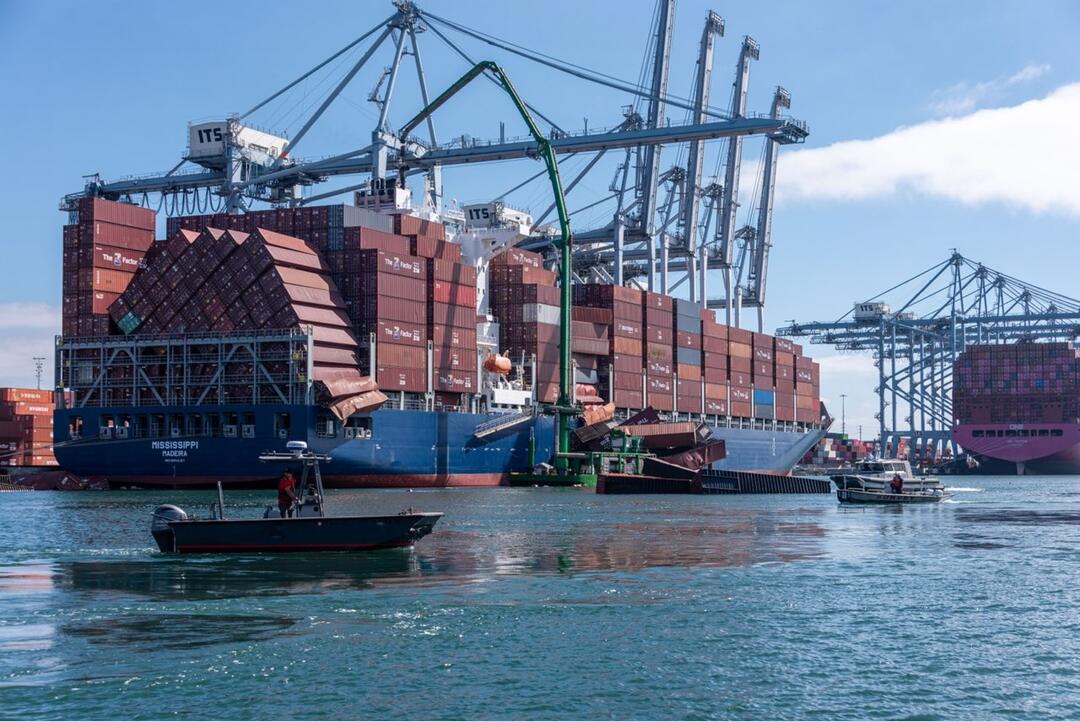The Managing Director of the Nigerian Ports Authority (NPA), Dr. Abubakar Dantsoho, has announced that President Bola Tinubu has approved the commencement of a $1 billion comprehensive reconstruction of the Apapa, Tin Can Island, Calabar, Warri, and Port Harcourt ports. The project is scheduled for completion within 48 months.
Dr. Dantsoho disclosed this while speaking with journalists on the sidelines of the ongoing World Ports Conference of the International Association of Ports and Harbours (IAPH), themed “Reinvention and Prosperity in Turbulent Times,” held in Kobe, Japan.
According to him, rehabilitation work is expected to begin in the first quarter of 2026, following the completion of extensive engineering, environmental, and design studies. He noted that the reconstruction aligns with the Federal Government’s plan to modernize Nigeria’s seaport infrastructure, attract foreign investment, and reposition the maritime sector for global competitiveness.
He added that growing investor confidence in Nigeria’s maritime space is a result of President Tinubu’s economic reforms, emphasizing that the government views the sector as a key driver of its $1 trillion economy ambition.
“Construction of this magnitude takes time. There are engineering, environmental, and design studies involved. If it takes three years to build a house, imagine building a port,” Dantsoho explained. “We’re targeting a 48-month duration and expect construction to commence by the first quarter of next year.”
The NPA boss, who also serves as Vice President of IAPH (Africa), highlighted that effective collaboration among stakeholders is essential to rebuild trust and attract sustained investment in Nigeria’s ports.
“For years, there has been a lack of concrete trust and relationships in the industry. Collaboration can only happen where there’s mutual confidence,” he said. “We’re working to rebuild those relationships and integrate into global port ecosystems.”
He revealed that Nigeria has awarded its Port Community System contract to a subsidiary of the Port Authority of Singapore, which will drive the implementation of a National Single Window for port operations.
Dr. Dantsoho further noted that port development is a highly capital-intensive venture that depends largely on foreign investment due to the limited capacity of local financial institutions.
He emphasized that Nigeria must embrace automation and technological advancement in port operations to remain relevant amid global trends.
“The world is moving toward automated shipping and port management. By 2040, ships may operate autonomously. Nigeria must invest heavily in technology and innovation,” he stated.
Dantsoho reaffirmed NPA’s commitment to cultivating global partnerships through active participation in organizations such as the Port Management Association of West and Central Africa (PMAWCA), IAPH, and the International Maritime Organization (IMO), to ensure the successful transformation of Nigeria’s port industry.
“We are building friendships and partnerships across global platforms. These relationships will translate into tangible results for Nigeria’s maritime future,” he concluded.
















